Publications
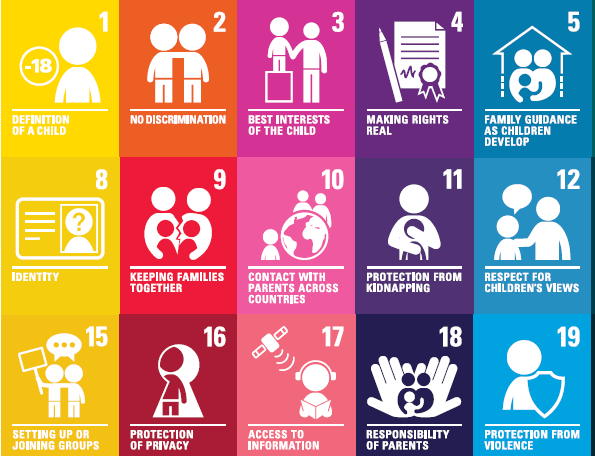
Convention on the Rights of the Child
The United Nations Convention on the Rights of the Child is an important agreement by countries who have promised to protect children’s rights. The Convention on the Rights of the Child explains who children are, all their rights, and the responsibilities of governments. All the rights are connected, they are all equally important and they cannot be taken away from children. This document is the children’s version.
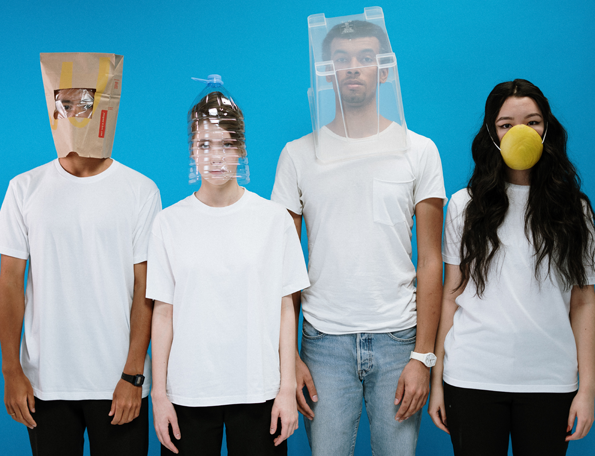
The Impact study of the COVID-19 outbreak and long-term consequences on children and youth in various Alternative Care
The Socio-economic impact of COVID-19 will be felt hardest by the most vulnerable children of Sri Lanka. The measure imposed will risk plunging them further into hardship and potentially bringing millions of children into poverty.
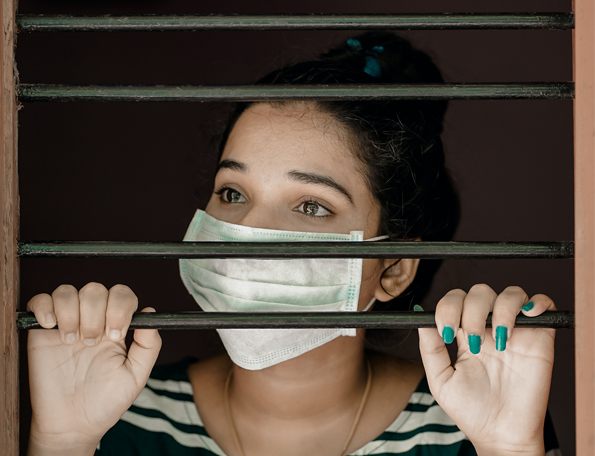
The Impact Study of the COVID – 19 Outbreak and Long-term Consequences on Care Leavers
The socio-economic impact of COVID-19 affects the most vulnerable people, like care leavers in Sri Lanka. The impact survey of the COVID–19 outbreak focused on its impact and long-term consequences on care leavers, especially care leavers from residential care

Declaration on Responding to the Transitional needs of care leavers amidst COVID 19 & beyond!
Over 100 young people with care experience from about 25 countries came together in a webinar under the guidance of the Organizing Committee of the 1st International Care Leavers Convention.
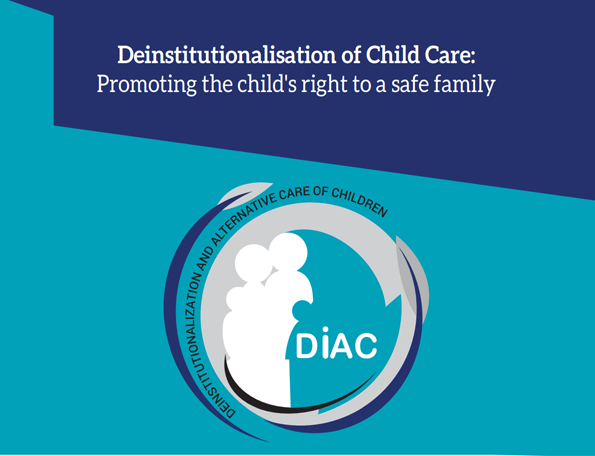
Deinstitutionalization of Alternative Care: Promoting the child’s right to a safe family
The heart of a society can be found in its children. While 22.2% of children in Sri Lanka are living without one or both of their parents. Every child has needs as unique as themselves. For that reason, a system able to provide for those needs, within the framework of a family, is the best way to help that child develop and reach their full potential. This outline of alternative care, both conceptually and in the Sri Lankan context, provides insight into both the current system and what efforts are yielding results
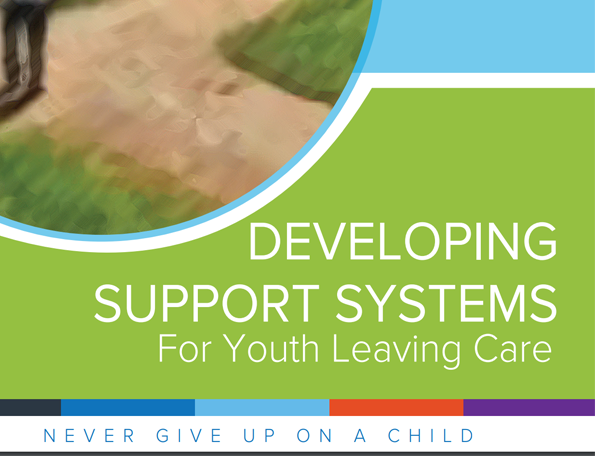
18+: Building Support Systems for Youth Leaving Care
SOS Children’s Villages Sri Lanka (SOS CVSL) has had much success in supporting youth to thrive as independent adults through the provision of continued support beyond the age of 18. However, numerous issues faced by youth leaving care were highlighted during several consultations with care leavers, children in transition as well as caregivers, of both SOS CVs and other CCIs.

UN Resolution 2019
This document summarizes the 2019 UN Resolution on the Rights of the Child focusing on children without parental care (A/RES/74/133) in an easy-to-follow.
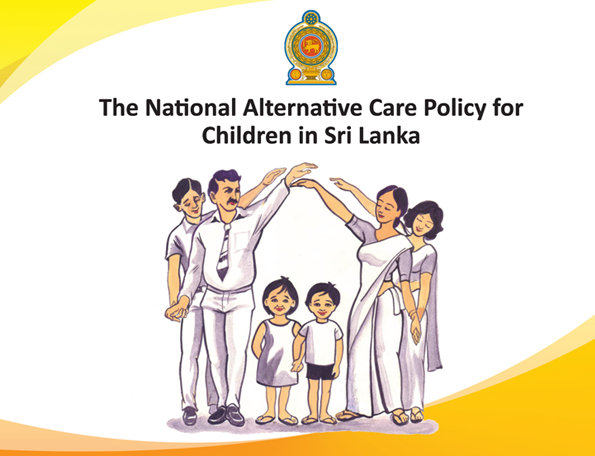
Sri Lanka Alternative Care policy
Sri Lanka’s National Policy on the Alternative Care of Children outlines a comprehensive range of alternative care options and encourages the reforming of all formal structures that provide at-home and out-of-home services for children deprived of care and protection or at risk of being so. The finalized policy was presented to the cabinet and approved on 06th March 2019.